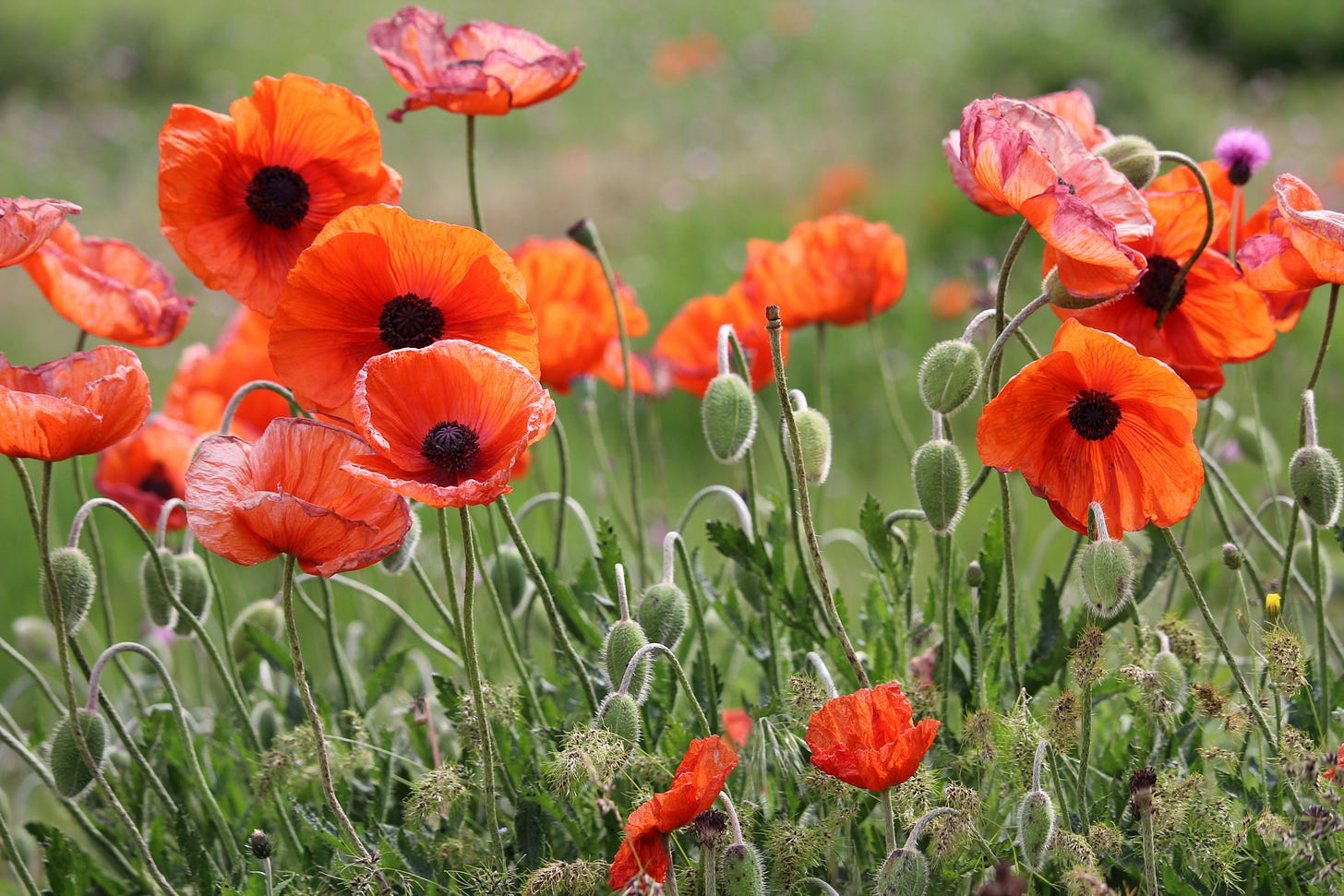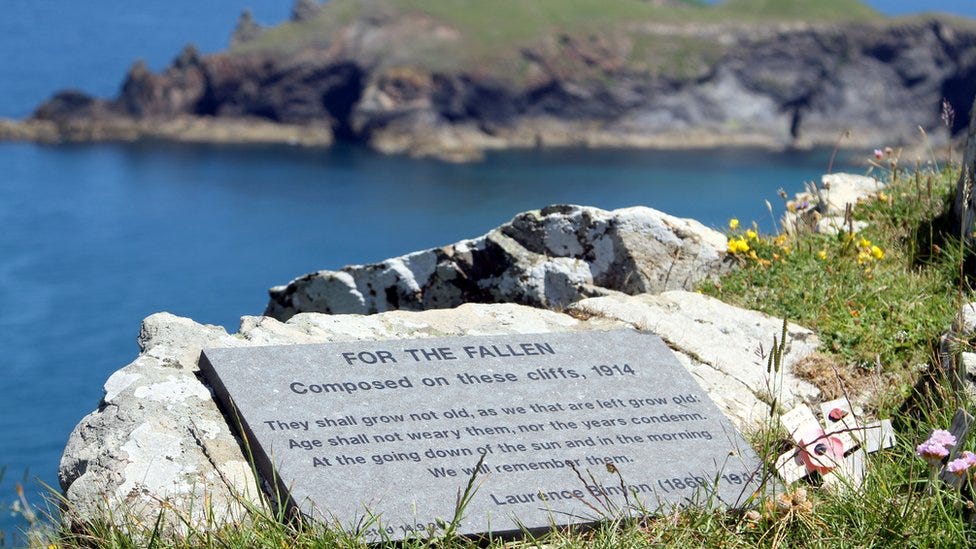Wondering with the Word: remember
The call of Jesus is to love: love God, love God’s peaceable kingdom and live out that love in the belief that God will not leave us stranded in a place of fear

John 15: 9-17
9 “Just as the Father has loved me, I have loved you. Now remain in my love. 10 If you obey my commands, you will remain in my love. In the same way, I have obeyed my Father’s commands and remain in his love. 11 I have told you this so that you will have the same joy that I have. I also want your joy to be complete. 12 Here is my command. Love one another, just as I have loved you. 13 No one has greater love than the one who gives their life for their friends. 14 You are my friends if you do what I command. 15 I do not call you slaves anymore. Slaves do not know their master’s business. Instead, I have called you friends. I have told you everything I learned from my Father. 16 You did not choose me. Instead, I chose you. I appointed you so that you might go and bear fruit that will last. I also appointed you so that the Father will give you what you ask for. He will give you whatever you ask for in my name. 17 Here is my command. Love one another.
What a word - especially as Israel and Hamas appear to be ignoring the ceasefire in their region; as politicians spit rancid insults at each other; as ICE goons drag people into secretive custody in the United State.
‘Love one another’. Not a suggestion, or an agonised request, but a command from Jesus.
Love one another
Remain in my love
Here is my command, love one another.
On Sunday in the UK we will observe Remembrance Sunday with parades, flags and silence.
Then on Tuesday - at 11am on the 11th day of the 11th month - the country will stop for a two minute silence as we mark those who have given their lives in conflicts around the world as a defence of peace and liberty.
Poppies - red, white and purple - will illustrate our hope that peace will bloom unfettered.
It is a tricky day. We have to balance remembering those who gave their lives in wartime with the need to work for peace and to declare God’s Gospel of love to the world.
With the toxic displays of anger wrapped in a Union Flag that have blighted our streets in recent months, preachers have to be even more aware of the dangers of getting sucked into nationalism or sentimentality while also not forgetting our task – to declare Jesus.
We don’t always get it right. In the history of England we have sometimes got it horribly wrong. Just one example: the Crusades were supposedly meant to spread Christianity but the established church absolved soldiers of any crimes before they marched. The only thing that mattered was getting the job done.
In the Second World War there were people who offered a twisted version of the Christian faith which sanctioned killing Jews. Of course, there were strong voices against Hitler as well.
Not just us either. In recent times we only have to look to Ukraine to see how the Good News can be distorted to serve an ideology. Patriarch Kirill of Moscow, the head of the Russian Orthodox Church, is providing theological support for the invasion by Russia. He described Putin’s leadership as a religious miracle. He says it is ‘God’s truth’ that the people of Russia, Ukraine and Belarus should be reunited as one spiritual people, so the bombings and death are perfectly justified.

To me there are two core things we need to remember. Ultimately, God is in charge even if that is sometimes hard to understand when life is so hard. Also, the call of Jesus is to love: love God, love God’s peaceable kingdom and live out that love in the belief that God will not leave us stranded in a place of fear.
Psalm 46 is often used around Remembrance. Remember what it says:
1 God is our place of safety. He gives us strength.
He is always there to help us in times of trouble.
2 The earth may fall apart.
The mountains may fall into the middle of the sea.
But we will not be afraid.
3 The waters of the sea may roar and foam.
The mountains may shake when the waters rise.
But we will not be afraid.
4 God’s blessings are like a river. They fill the city of God with joy.
That city is the holy place where the Most High God lives.
5 Because God is there, the city will not fall.
God will help it at the beginning of the day.
6 Nations are in disorder. Kingdoms fall.
God speaks, and the people of the earth melt in fear.
7 The Lord who rules over all is with us.
The God of Jacob is like a fort to us.
8 Come and see what the Lord has done.
See the places he has destroyed on the earth.
9 He makes wars stop from one end of the earth to the other.
He breaks every bow. He snaps every spear.
He burns every shield with fire.
10 He says, “Be still, and know that I am God.
I will be honoured among the nations.
I will be honoured in the earth.”
11 The Lord who rules over all is with us.
The God of Jacob is like a fort to us.
Can we truthfully say ‘we will not be afraid …’? Many of us have known fear and, even the presence of God in our lives doesn’t wipe it away. Equally, while it’s so easy to say love one another, in any walk of life that’s a hard call.
So how do we deal with this command of Jesus, especially in a season set aside for Remembrance? How do we understand the command not to fear and the call to love like Jesus loved?
Scripture tells us not to be afraid of being alone, of being too weak, of not being heard, and of lacking physical necessities. The Psalmist tells us that there is a place, the city of God, where despite the nations being in uproar God only has to speak and the storm stills; a promise lived out by Jesus in the storm on the lake.
Trusting God therefore is a refusal to give in to fear. It is a turning to God even in the darkest times and trusting Him to make things right. That kind of trust comes from knowing God and knowing that He is good.
Perhaps the question to ask is what our part is now to enable the place of safety of Psalm 46 come into reality for us and our neighbours. One writer, James Mays, says Psalm 46 points to the desolation brought about by war and calls on the nations to recognise that war is self-defeating; it brings about the destruction of those who practice it. He says the Psalm ends by appealing to the nations: cease your warring! Stop your attacks! Leave off your vain attempts to subject history to your power.
He says: ‘There is but one power exalted over the earth and nations. Only one is God - the one whose work is the destruction of weapons and whose help is the refuge of those who recognise that he is God.’
Another writer, Michael Wilcock, describes the effect of God’s people responding to his call. He says: ‘All over the world people of goodwill, with little power and few resources, pick away at the edges of evil, while others with enormous wealth and influence either will not or do not do anything about it. But God will; in fact God does, our psalm tells us.’
This means that Jesus’ challenge to obey his Father’s command includes refusing to live in fear and learning how to live in such a way that love is the prime factor; even if it comes to self-sacrifice. That’s what the Cross is. A unique act of self-surrender for the sake of all humanity.
I don’t know about you, but I love the idea of a world where people pick away at the edges of evil and live in the love that Christ revealed. There is no greater love, he says, and immediately appoints human beings to ‘go and bear fruit’ for the kingdom where God is not just in charge but where God makes wars to cease. What a day that will be!


Thank you for the phrase ‘picking at the edge of evil’
That seems to hit the nail on the head and reminds me of line from Abide with me - ‘change and decay in all around I see, o thou who changest not abide with me’
Thank you for being relevant. So many theological commentators - if I could use that expression - focus upon theological language and don't utilise current phrases such as ICE and goon.
I personally feel that the issue with preachers is that they experience power from the pulpit for themselves. We also might see that as the church itself exuding power - as you described it through the crusades.
Nadia Bolz-Weber once says that 'there is God and there is the Church - the problem comes when you conflate the two'.
I fear many Christian Nationalists may struggle this Sunday with this issue.
Apology for spelling errors since corrected.